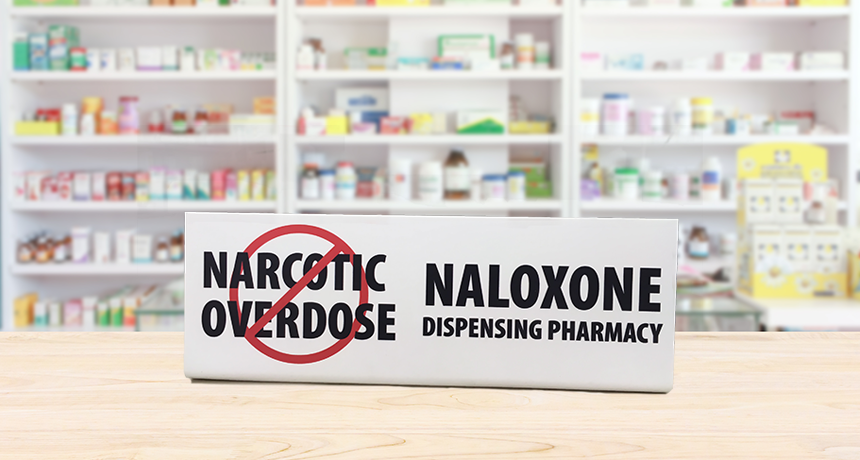addictive An adjective to describe something that becomes habit-forming in an uncontrolled or unhealthy way. This can include a drug or some habit (such as video game playing or phone texting). Such addictions reflect an illness triggered by brain changes that occur after using some drugs or engaging in some extremely pleasurable activities. People with an addiction will feel a compelling need to use a drug (which can be alcohol, the nicotine in tobacco, a prescription drug or an illegal chemical such as cocaine or heroin), even when the user knows that doing so risks severe health or legal consequences.
antagonist (in medicine or biology) A substance that blocks or interferes with the normal biological action of another chemical.
cell The smallest structural and functional unit of an organism. Typically too small to see with the unaided eye, it consists of a watery fluid surrounded by a membrane or wall. Depending on their size, animals are made of anywhere from thousands to trillions of cells. Most organisms, such as yeasts, molds, bacteria and some algae, are composed of only one cell.
heroin A highly addictive and illegal drug derived from morphine, a potent pain killer. People often take heroin as a narcotic — something that dulls the senses, relieves pain and makes them sleepy or unmotivated to do anything other than lay in a slump.
molecule An electrically neutral group of atoms that represents the smallest possible amount of a chemical compound. Molecules can be made of single types of atoms or of different types. For example, the oxygen in the air is made of two oxygen atoms (O2), but water is made of two hydrogen atoms and one oxygen atom (H2O).
naloxone A drug that works as an antidote to help people who take dangerous amounts of heroin or some other opiate drug. Naloxone works by binding to the same features on brain-cell surfaces that heroin or related drugs do. This reduces or turns off the pleasurable sensations that opiate drugs would normally produce.
opioid Drugs or natural substances that act on receptors (cell molecules) that can block pain signals from traveling along nerves. It can also cause euphoria, intense, pleasurable feelings of well-being. Opioids take their name from opium, a strong painkiller, which was first made from poppies, a types of flower.
overdose To eat or drink more than the recommended amount of something that may be toxic, such as alcohol or medicines.
receptor (in biology) A molecule in cells that serves as a docking station for another molecule. That second molecule can turn on some special activity by the cell.
